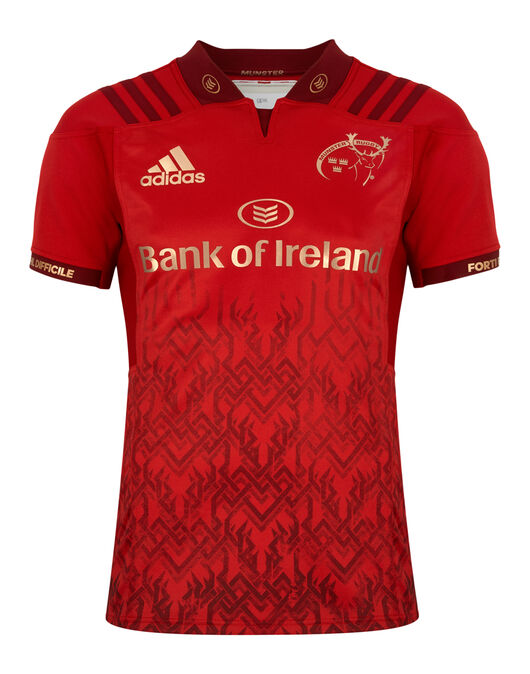Quick Hands
David Wilson (68)
I've read this a few times now & still not sure if it doesn't further muddy already murky waters:
https://i.stuff.co.nz/sport/rugby/i...de-rule-which-cost-england-against-all-blacks
What do the actual refs on here think?
I didn't think he was offside at the time as he was behind the hindmost foot of his own team. (see match thread)
This isn't a clarification really, it's a subtle law change with the "hindmost foot," which has been the law since time immemorial, replaced by the "hindmost point." As players off their feet aren't part of the game and thus where there body parts are is irrelevant IMO, it's not a change that I agree with. But I don't run world rugby.
I still don't think that the England player was offside under any definition.



